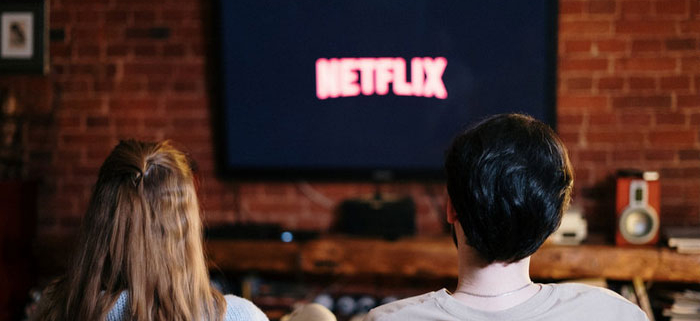Everyone’s turning on subtitles – here’s why
It used to be that only deaf and hard-of-hearing people used subtitles when watching TV, but recent research has turned that stereotype on its head.
According to Ideal Insight, subtitles are now used by a staggering 85% of people, the majority of whom are 18 -25.
Wait, how many people use subtitles?
The research showed that different streaming platforms had different user results when it comes to subtitles.
Netflix was the highest for Closed Caption use, with 85% of people responding that they use subtitles when watching something.
Amazon Prime viewers rated slightly lower, with 54% responding positively, and Disney came in quite far behind with only 37%.
Married women use subtitles more than any other demographic, but age-wise, GenZ are the ones who are reading as they go!
It’s something to do with TikTok.
Probably.
So why are people turning on closed captions?
The majority of people gave two main answers when asked why they use subtitles: greater comprehension and improved concentration.
Two out of three people said they use subtitles to better understand the storyline of the movie/TV show, while 40% of people said using captions helps them improve their concentration.
This is proof that subtitles do not detract from the viewing experience, but instead enhance it.
It’s been proven that people remember something better when they see rather than when they hear it, so reading along with a video helps focus, engagement, and memory, which explains why people understand the plot more if they use captions.
Subtitles also help maintain concentration, especially for viewers with learning difficulties, autism, or attention deficits, and it’s also a simple yet highly effective way to help children build their foundational reading skills.
Reasons to turn the captions on
Accents – Did you know when Trainspotting was shown in America they had to use subtitles because no one could understand the Scottish accent? It’s not racist having trouble understanding an accent. If everyone could understand everyone else, then there wouldn’t BE accents!
Mumbling – Some actors mumble. For some, it’s part of their character, like Marlon Brando in the Godfather. For others, like Sylvester Stallone, it’s because of a speech impediment. Whatever the reason, you’re going to need those subtitles!
Bad sound – This can be a common problem for crappy low-budget movies, but for big blockbusters, it’s unforgivable. Christopher Nolan has been criticized for this in the past, whether it’s Bane’s unintelligible dialogue in The Dark Knight Rises or the inaudible dialogue in Tenet. Long story short, if you’re watching a Nolan movie, put the subtitles on.
Subtitles can help everyone, especially those with hearing difficulties, but when you’ve got a noisy family, can’t follow who’s who in the movie, or simply don’t want the sound turned up because you’ll wake the kids, then they’re worth their weight in gold.




I do not have an hearing issue, but I agree that when the actors are “mumbling” one does not know what they are saying – so I turned captions on for all my streamers services; they work like a dream and allows for understanding the plot completely.